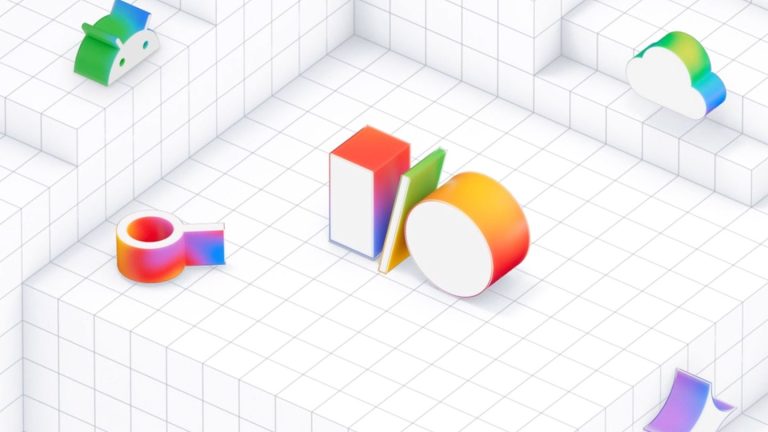In a new step towards inclusivity and accessibility in coding and artificial intelligence, Google has expanded its code assistance features within Colab to cater to all users, including those on the free subscription plans. This expansion marks a pivotal...


In a new step towards inclusivity and accessibility in coding and artificial intelligence, Google has expanded its code assistance features within Colab to cater to all users, including those on the free subscription plans. This expansion marks a pivotal moment, enabling individuals with varying experiences to leverage the power of AI while coding, regardless of their financial constraints.
Originating from a team at Google Research, Colab has evolved into a monumental tool, serving over 10 million active users monthly and emerging as Google’s flagship platform for AI-enabled coding. Its seamless integration with Google Drive and effortless access to Python programming have rendered it indispensable to seasoned professionals and burgeoning students venturing into machine learning.
The core mission of Colab revolves around democratizing access to powerful computing resources that are otherwise economically prohibitive for many developers and researchers. By offering free access to high-end resources like Tensor Processing Units (TPUs) and NVIDIA GPUs, Colab eradicates barriers, empowering individuals to pursue their projects without financial limitations. This access to computational prowess and AI-assisted coding fosters an inclusive environment conducive to learning, development, and innovation in machine learning and AI.
The recent expansion of Colab’s features represents a paradigm shift in coding practices. The integration of AI-powered code assistance, previously exclusive to Colab Pro, is now accessible to users in over 175 locales. This feature significantly enhances programming efficiency, quality, and comprehension. Notably, the “Explain error” function has garnered widespread acclaim, offering users detailed insights and potential solutions when encountering execution errors, courtesy of an AI-powered chatbot.
Moreover, Google’s visit to the HausaNLP team in Nigeria showcased the impactful utilization of Colab in bridging language gaps within AI models. The team’s focus on incorporating the diverse linguistic nuances of Nigeria’s 300+ languages into large language models underscores the importance of inclusivity in AI development.
As part of an ongoing initiative, Colab offers a limited-time trial of its AI-powered code assistance features to users in eligible locales, which is anticipated to continue well into 2024. This trial period aims to provide users hands-on experience with Google’s generative models, catering to a wide spectrum of programming needs.
In conclusion, expanding AI-powered code assistance within Colab signifies a monumental leap toward global accessibility to AI development tools. Google’s commitment to providing free, cutting-edge resources empowers developers worldwide, breaking down barriers to entry in AI and machine learning. This initiative paves the way for a more inclusive and innovative technological landscape, fostering growth and creativity across diverse communities.
The post Google Colab Revolutionizes Coding with AI-Powered Assistance for All Users appeared first on MarkTechPost.














